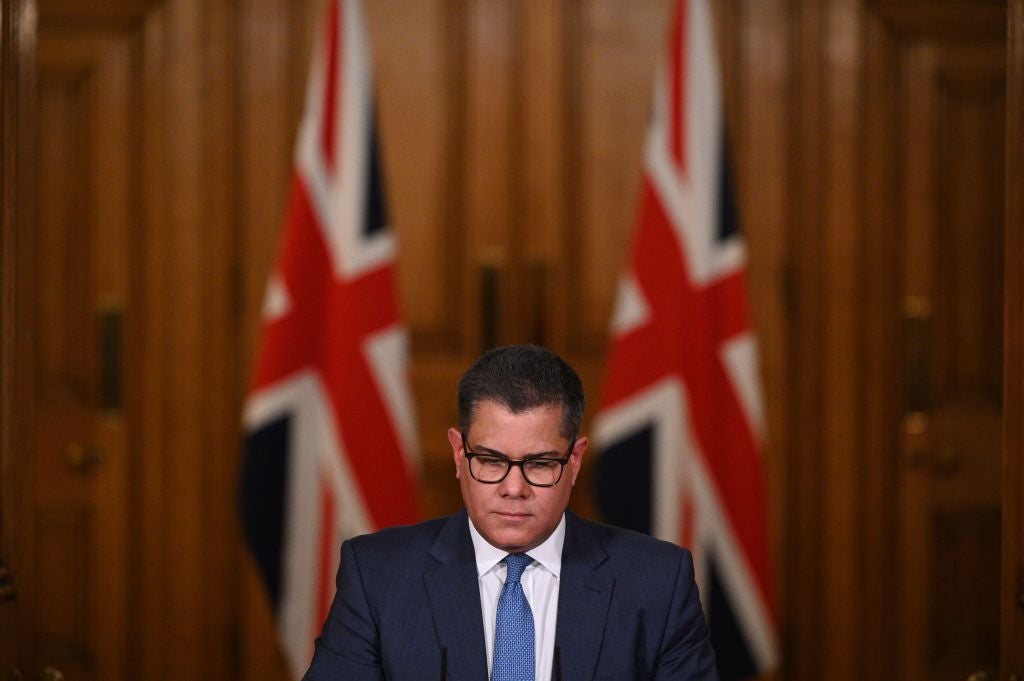

In a recent address to parliament, the Secretary of State for Business, Energy and Industrial Strategy, Alok Sharma, said: “The UK is very much open for business, but being open for business does not mean that we are open to exploitation. An open approach to international investment must also include appropriate safeguards to protect our national security.
“Those are not conflicting approaches; prosperity and security go hand in hand. Otherwise, we leave the UK open to the risk of being targeted and compromised by potential hostile actors who are looking to disrupt our economic and wider security.”
Sharma’s statement came several days after the release of the UK’s National Security and Investment Bill, a wide-ranging reform that increases the government’s power to scrutinise and halt foreign (and domestic) investment.
Reflecting the duality of the government’s approach, the bill was released the same week as the opening of the Office for Investment, a cross-government group to attract foreign investment.
“The [bill’s] timing is interesting given the current rhetoric that ‘Global Britain’ is open for worldwide business as we leave the EU,” says Samantha Mobley, partner at law firm Baker & McKenzie. “Investors into the UK must navigate the complexities of working out whether their deal falls on the wrong side of the national security calculus.”
Given the contribution of foreign investors to the UK economy, the new legislation is of utmost importance. Foreign-owned businesses in the UK accounted for just over half of all exports in goods between 2016 and 2018, according to the ONS.
UK to introduce Europe’s most stringent FDI measures
For the first time in UK history, the National Security and Investment Bill will introduce a distinct regime and stand-alone powers for the review of foreign direct investment (FDI), similar to the regime run by the Committee on Foreign Investment in the US, one of the world’s strictest investment authorities.
“There is no doubt the bill marks a significant change to the UK’s historically more liberal approach to investment,” says Jonathon Gunn, associate at law firm Faegre Drinker Biddle & Reath.
As of 12 November 2020, the new legislation makes it mandatory for investor companies to notify the government of any investments across 17 specified sectors, lest they face draconian fines of up to 5% of worldwide turnover or £10m (whichever is the greater) and/or imprisonment for up to five years.
The UK’s FDI system will be one of the most stringent in Europe, says Mobley. Most countries in Europe have an obligatory notification scheme for foreign investment; however, the UK is reviewing all acquisitions involving a 15% shareholder (or more), a comparatively low threshold.
Although the bill has not yet been passed, it is widely expected to become law in the first few months of 2021, thereby operating in full force shortly after, according to law practice Herbert Smith Freehills.
“The proposed new law will dramatically reduce the ease with which dealmakers, especially those with funds originating overseas, can acquire some of the most sensitive (and lucrative) parts of the UK economy without evidencing their bona fide intent for the acquisition,” says Jasper Helder, a partner at law practice Akin Gump Strauss Hauer & Feld.
A wide range of industries will be under increased scrutiny, especially those in any tech space relating to security, defence or medical applications.
“Investors will have to be very careful,” says Matthew Levitt, law firm Baker Botts’s antitrust partner in Brussels. “At a minimum, this all creates uncertainty and risks of delay.”
How burdensome will the bill be?
The UK government’s Impact Assessment predicts that the new investment regime will result in 1,000–1,830 transactions being notified per year, but only expects about ten deals per year to require remedies.
“So the proof will be in the pudding,” says Veronica Roberts, a partner at Herbert Smith Freehills. “The impact of the regime will very much depend on how that system is operated in practice. How many deals ended up getting called in for the more detailed review.
“Smaller companies will probably face a higher burden in terms of getting the paperwork together,” she adds.
Investors from certain countries may face more scrutiny than others.
“Chinese investors are the main but not the only target, and we could well see a dampening of appetite for UK investment from Chinese companies, especially if there are some high-profile interventions,” says Levitt. “But Russian and Middle Eastern investors may also come under scrutiny.”
The UK is one of many major economies that have stepped up their foreign investment controls in 2020. Although this has been in the making for several years, the Covid-19 pandemic has acted as a catalyst.
“It also reflects the issues of global value chains and how tech makes it easier than ever before to remove assets from a country in a way that was not feasible when you are talking about physical infrastructure,” says Roberts.
In short, the National Security and Investment Bill is just another example of the extent to which globalisation is under review.






